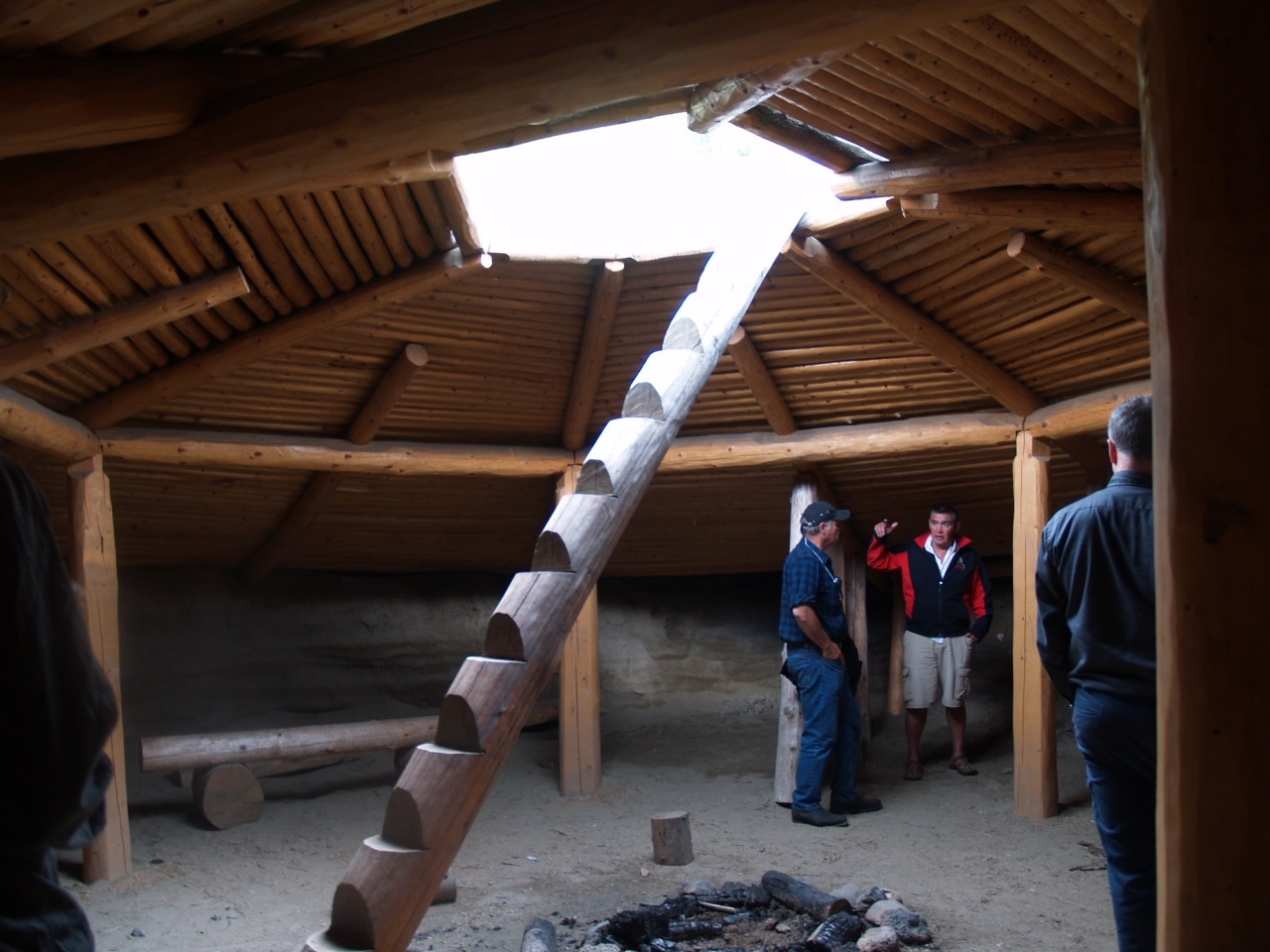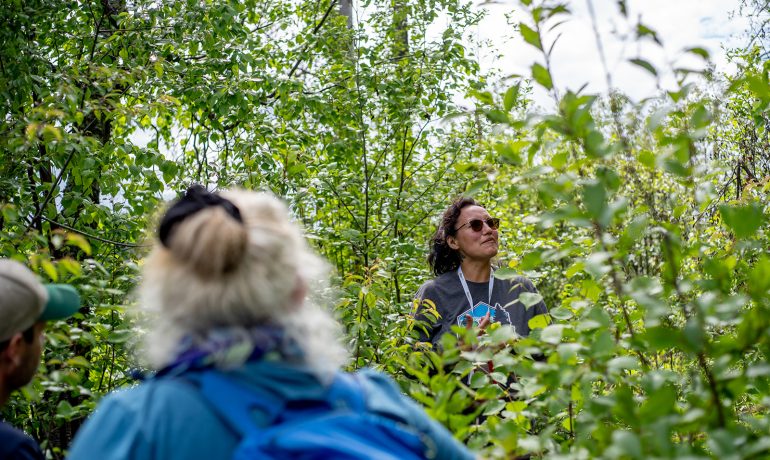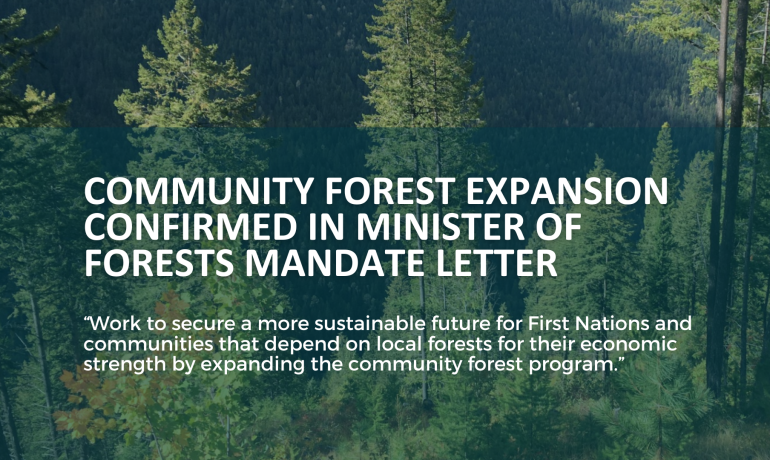Its collective and for-all-time aspects put more restrictions on land use and resource development
Vancouver Sun
VICTORIA — When the Supreme Court of Canada granted recognition of aboriginal title recently, the landmark decision emphasized the similarity as well as the critical difference to other forms of land ownership. “Aboriginal title confers ownership rights similar to those associated with fee simple,” wrote the high court, citing the common form of private property. “The right to decide how the land will be used; the right of enjoyment and occupancy of the land; the right to possess the land; the right to the economic benefits of the land; and the right to pro-actively use and manage the land.” But there’s a “carve out” as the court put it, drawing on its own and earlier jurisprudence: “The uses must be consistent with the group nature of the interest and the enjoyment of the land by future generations.”
Related Post
August 1, 2025
As Published in Canadian Forest Industries Magazine, Pulp & Paper Magazine and Canadian Biomass Magazine
Jennifer Gunter’s Op Ed, “Community Forests: Rooted in Community,
January 20, 2025
Minister of Forests Mandated to Expand BC’s Community Forest Program
In the recently released mandate letter to the Minister



